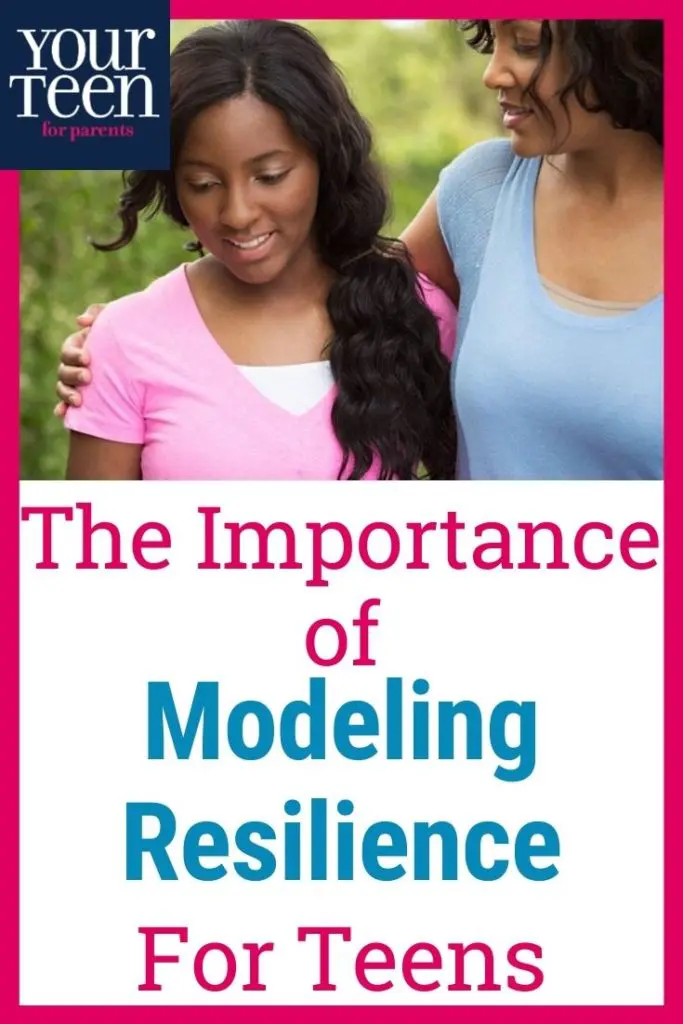Parents have always juggled multiple responsibilities, but these last several months have made us feel like we’re failing. Dr. Ken Ginsburg, pediatrician specializing in Adolescent Medicine at the Children’s Hospital of Philadelphia, co-founding director of the Center for Parent and Teen Communication, and the author of the award-winning book Building Resilience in Children and Teens, says we need to do the hard work of being kind to ourselves so that we can model resilience for our children. Here’s what that looks like.
See the full interview here:

Q: Our focus today is going to be on the moms and dads. Parents who are tired. Parents who have middle school kids and teenagers. What do parents do right now?
Ginsburg: Now is an important time to model self-compassionate self-forgiveness. When children see their parents behave kindly to themselves, it builds resilience in the children.
Q: What does the model of self-compassionate self-forgiveness look like?
Ginsburg: It is getting rid of the voice in your head that says you are not enough. It is giving yourself the same empathy as you would the rest of the world. It is showing your kids that you like all of yourself, including your flaws.
Q: You said our kids will feel bad when they see us sad and wonder if they are the cause. Is that really true?
Ginsburg: We know for a fact that teens care about what their parents think of them. Teens also care about the health and emotional well-being of their parents. It is important to note that young people act like they hate us because they love us so much that it hurts. When adults show that they are emotionally healthy, our kids gain comfort and stability. The most important thing that builds resilience in a young person is to know that they are loved the way they are. First, you have to do it during their most difficult times and show them that you have their back. Second, if they see that you forgive yourself and have the ability to like yourself. It gives them a sense of security.
Q: There are moments where the tension can be so high for families.
Ginsburg: Absolutely, you can be hurt as a person. How you move past it and how intentional you are in showing them how you recover and how you get to self-compassion is key. When the world is being chaotic, it is important to do the hard work to create peace in the home. If you feel like you’re about to blow up, give yourself a time-out and show your child what true resilience is. Give yourself a break and then go back and show your children what you did and how you glided back to them.
Q: We are four months into this situation of living on top of each other. If I am looking at this video and thinking “I’m at a point of no return and I don’t know how to reset,” can you give us any uplifting words on how to reset?
Ginsburg: There is no such thing as a point of no return within families. Seriously: apologize and take care of yourself. If nothing else apologize to your family. If you need professional help, make sure to get it.






